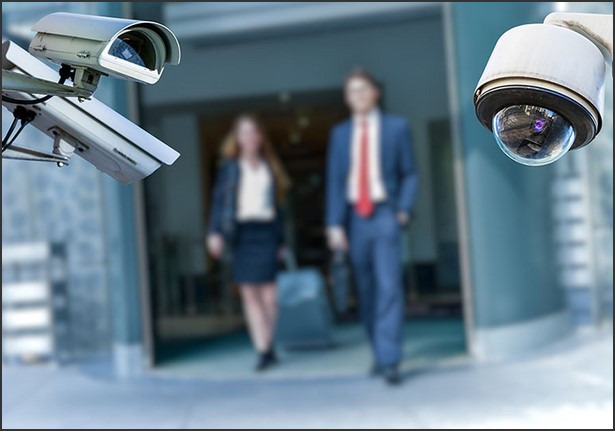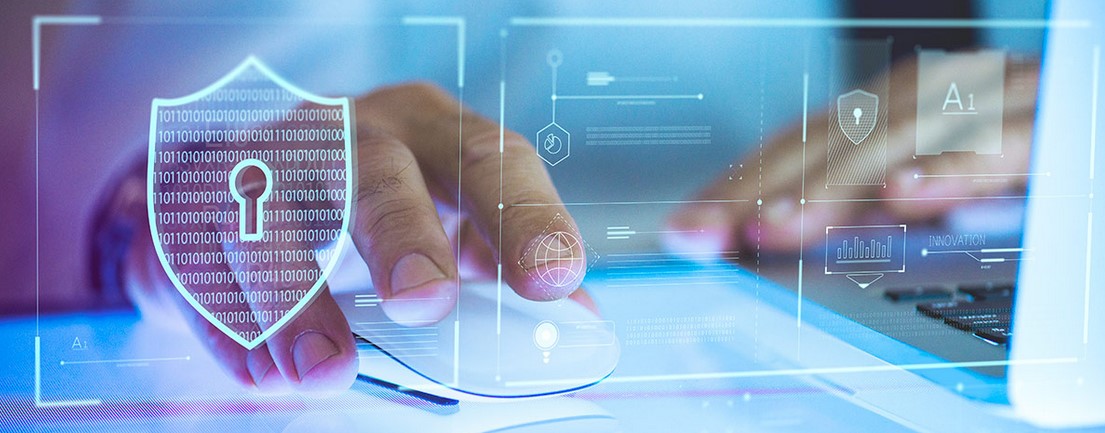
Privacy and Public Spaces: The Legality of Video Recording in Public is a complex topic that explores the intersection of personal privacy rights and the legal allowances for video surveillance in public areas. This subject delves into the legal frameworks that govern the use of video recording devices in public spaces, such as streets, parks, and buildings, and how these laws balance the need for security and crime prevention with the individual’s right to privacy. It also examines the ethical implications of video surveillance, the potential for misuse, and the evolving nature of these laws in response to advancements in surveillance technology.
Is It Illegal to Video Record Someone in Public? Exploring Privacy and Public Spaces
Privacy and public spaces have always been a topic of intense debate, particularly in the context of video recording. With the advent of smartphones and other portable recording devices, the ability to capture images and videos in public spaces has become increasingly common. However, this raises important questions about the legality of such actions and the rights of individuals to their privacy, even in public spaces.
In general, it is not illegal to video record someone in public. This is because when a person is in a public space, they have a reduced expectation of privacy. Public spaces are typically defined as places where an individual can expect to be seen by others, such as parks, streets, and shopping malls. In these areas, individuals are generally free to record what they see, including other people.
However, this does not mean that one can record others indiscriminately. There are certain limitations and exceptions to this rule. For instance, it is illegal to record someone in a situation where they have a reasonable expectation of privacy, even if they are in a public space. This could include situations where a person is in a restroom, changing room, or their own home. In such cases, recording without consent would be considered an invasion of privacy and could potentially lead to legal consequences.
Moreover, the use of the recorded material can also have legal implications. If the recording is used for commercial purposes, such as in an advertisement or a movie, without the person’s consent, it could be considered a violation of their right to publicity. This right protects individuals from having their likeness used for commercial gain without their permission.
In addition, laws regarding video recording in public can vary significantly from one jurisdiction to another. Some states have more stringent laws regarding consent and privacy, while others may have more lenient rules. Therefore, it is crucial to be aware of the specific laws in your area before recording in public.
Furthermore, it’s important to note that while it may be legal to record in public spaces, it may not always be ethical. The act of recording someone without their knowledge can be seen as an invasion of their personal space and can cause discomfort or distress. Therefore, it is always advisable to seek consent whenever possible, even if it is not legally required.
In conclusion, while it is generally not illegal to video record someone in public, there are certain limitations and exceptions to this rule. The legality of such actions largely depends on the specific circumstances, the use of the recorded material, and the jurisdiction in which the recording takes place. Therefore, it is essential to be aware of the laws in your area and to consider the ethical implications of recording others without their consent. As technology continues to evolve and become more pervasive, it is likely that the debate around privacy and public spaces will continue to be a significant issue.In conclusion, the legality of video recording in public spaces is a complex issue that balances between privacy rights and public safety. While it is generally legal to record in public spaces due to the diminished expectation of privacy, there are certain limitations and exceptions, especially when it comes to areas where individuals have a reasonable expectation of privacy. The use of surveillance technologies by law enforcement and private entities further complicates this issue. Therefore, it is crucial to have clear regulations and guidelines to protect individual privacy while allowing necessary surveillance for public safety.
